Sub-Saharan Africa Astronomy Summer School
Galaxies, Extrasolar Planets, and Stellar Physics: Gazing into the deep space, searching for new worlds, and insights into stellar interior physics
September 19th - 30th, 2022
The ongoing activities of the Square Kilometer Array (SKA) telescope have accelerated the development of astronomy research on the African continent especially in the field of galactic studies. These activities are no longer concentrated in South Africa only, but have also spread to the Sub-Saharan African region. Furthermore, space missions such as NASA's Kepler and NASA's TESS (Transiting Exoplanet Survey Satellite) have further enhanced the development of other astronomy research fields, mainly exoplanet and stellar physics exploration. The future of these research areas is expected to become even brighter with the magnificent observations expected from ESA's PLATO (PLAnetary Transits and Oscillations of stars) mission planned to be launched in 2026. A number of African universities from the Sub-Saharan African region have embraced the open access data from these space missions and SKA telescopes, striving to make essential contributions to these research science fields, hence, aiding our understanding of the universe.
Mbarara University of Science and Technology (MUST) in conjunction with the Max-Planck-Institut für Astrophysik (MPA), Thüringer Landessternwarte Tautenburg(TLS), and Instituto de Astrofísica e Ciências do Espaço (IA) are organising a Sub-Saharan Africa Advanced Astronomy Summer School in Uganda focusing on three fields of scientific research, namely galaxies, extra-solar planet science, and stellar interior physics. The goal of the summer school is to invite experts to share the state-of-the-art techniques/methods currently employed in these scientific research areas. In addition, research areas such as exoplanet and stellar physics studies have strong synergies and therefore present opportunities for generating research ideas which cut across the two fields, thus creating avenues for networking and building substantial collaborations among researchers and students in these fields. Students and postdoc researchers will be given an opportunity to present their own research work in the form of posters.
The summer school is open to 30 participants, i.e., mainly MSc./PhD students, and early career postdoc researchers in physics, astronomy or astrophysics from the Sub-Saharan African region. BSc. students in their final year with prospects of pursuing careers in physics, astronomy or astrophysics will be considered. The summer school will be held in Uganda from September 19th - 30th, 2022.
Dr. Cosmos Dumba - Mbarara University of Science and Technology (MUST) - Uganda
Dr. Priscilla Muheki - Mbarara University of Science and Technology (MUST) - Uganda
Dr. Elizabeth Naluminsa - Kyambogo University (KYU) - Uganda
Dr. Benard Nsamba - Max-Planck-Institut für Astrophysik (MPA) - Germany
Ms. Flavia Owayesu - Mbarara University of Science and Technology (MUST) - Uganda
Mr. Andreas Weiss - Max-Planck-Institut für Astrophysik (MPA) - Germany
Assoc. Prof. Edward Jurua - Mbarara University of Science and Technology (MUST) - Uganda
Prof. Dr. Artie Hatzes - Thüringer Landessternwarte Tautenburg (TLS) - Germany
Dr. Benard Nsamba - Max-Planck-Institut für Astrophysik (MPA) - Germany
Prof. Mirjana Povic - Ethiopian Space Science and Technology Institute (ESSTI) - Ethiopia
Dr. João Faria, - Instituto de Astrofísica e Ciências do Espaço (IA) - Portugal
Prof. Dr. Achim Weiss - Max-Planck-Institut für Astrophysik (MPA) - Germany
Dr. Cosmos Dumba - Mbarara University of Science and Technology (MUST) - Uganda
Dr. Marie-Jose Goupil, LESIA, Observatoire de Paris - France
Dr. Tiago L. Campante, Instituto de Astrofísica e Ciências do Espaço (IA) - Portugal
Dr. Eike Guenther, Thüringer Landessternwarte Tautenburg(TLS) - Germany
Dr. Tiara Battich, Max-Planck-Institut für Astrophysik (MPA) - Germany
Dr. Matthias Hoeft, Thüringer Landessternwarte Tautenburg (TLS) - Germany
Prof. Mirjana Povic, Ethiopian Space Science and Technology Institute (ESSTI) - Ethiopia
Prof. Dr. Artie Hatzes, Thüringer Landessternwarte Tautenburg (TLS) - Germany
Ass. Prof. Santos Nuno, Instituto de Astrofísica e Ciências do Espaço (IA) - Portugal
Dr. Benard Nsamba, Max-Planck-Institut für Astrophysik (MPA) - Germany
Dr. Tom Mutabazi, Mbarara University of Science and Technology (MUST) - Uganda
Dr. Babatunde Akinsanmi, Instituto de Astrofísica e Ciências do Espaço (IA) - Portugal
Assoc. Prof. James Chibueze, North-West University - South Africa
Dr. Patrick O. Abedigamba, Kyambogo University - Uganda
Dr. Kamlesh Rajpurohit, Thüringer Landessternwarte Tautenburg(TLS) - Germany
Program
The school will focus on three fields of scientific research, namely galaxies, extra-solar planet science, and stellar interior physics. Some of the courses to be covered include;
The school program also includes an introductory course on data analysis with machine learning and a soft skill course on scientific writing.
The schedule of the school program contains theoretical lectures in the morning,
practical sessions supplementing this in the afternoon, and ample time for discussions.
In addition, some participants may be invited to take part in the planned outreach activities to high schools.
A detailed school program is being finalised and will be available soon.
Eligibility requirements
You can apply for this summer school if you:
In addition to meeting the above requirements, the selection of successful applicants will also be based on the quality of their motivation and recommendation letters. The letter of motivation should include a statement highlighting the applicant's astronomy career prospects/goals and how this school will contribute towards the attainment of those goals.
We note that full consideration will be given to applicants who submit their applications before the end of the set deadline. Therefore, we advise all the potential applicants to take note of the following dates.
Logistics
The Sub-Saharan Africa Advanced Summer School (SSAASS) will be hosted at Imperial Botanical Beach Hotel. Imperial Botanical Beach hotel is located on the shores of lake Victoria in Entebbe - Uganda, ~5 km from Entebbe International Airport. The hotel is within 1 km of the Entebbe Golf Club and the Uganda Wildlife Education Centre is within a 15-minute walk.
All participants will be accomodated at Imperial Botanical Beach Hotel for the duration of the summer school, i.e., from September 19th - 30th, 2022. Accomodation and flight ticket costs will be covered by SSAASS. Rooms will be provided randomly and some of the rooms will be shared. Transport to and from the Entebbe International Airport will be provided.
In order to apply for a Visa to Uganda, one is required to hold a valid passport with sufficiently many empty pages. For our successful applicants, we will request for a copy of your passport so that we can provide you with all neccessary documentation needed for your visa application (i.e., flight ticket, invitation letter, proof of accomodation and travel insurance). We also advise you to please acquire additional information from your travel agent.
All travellers to and from Uganda are required to hold a yellow fever vaccination certificate. Please note that without PRIOR yellow fever vaccination, you will not be allowed to enter Uganda.
We are currently closely monitoring the covid-19 situation and the different travel restrictions set by the Ugandan government. For now, everyone with a negative PCR covid test result certificate issued within 72 hours is allowed to enter Uganda in addition to meeting other entry requirements. We will only cover the covid-test expenses required by participants to return to their respective countries.
Apply
Registration is now closed
Contact
Please don't hesitate to email with any questions:
nsamba@mpa-garching.mpg.de
cosmos.dumba@must.ac.ug
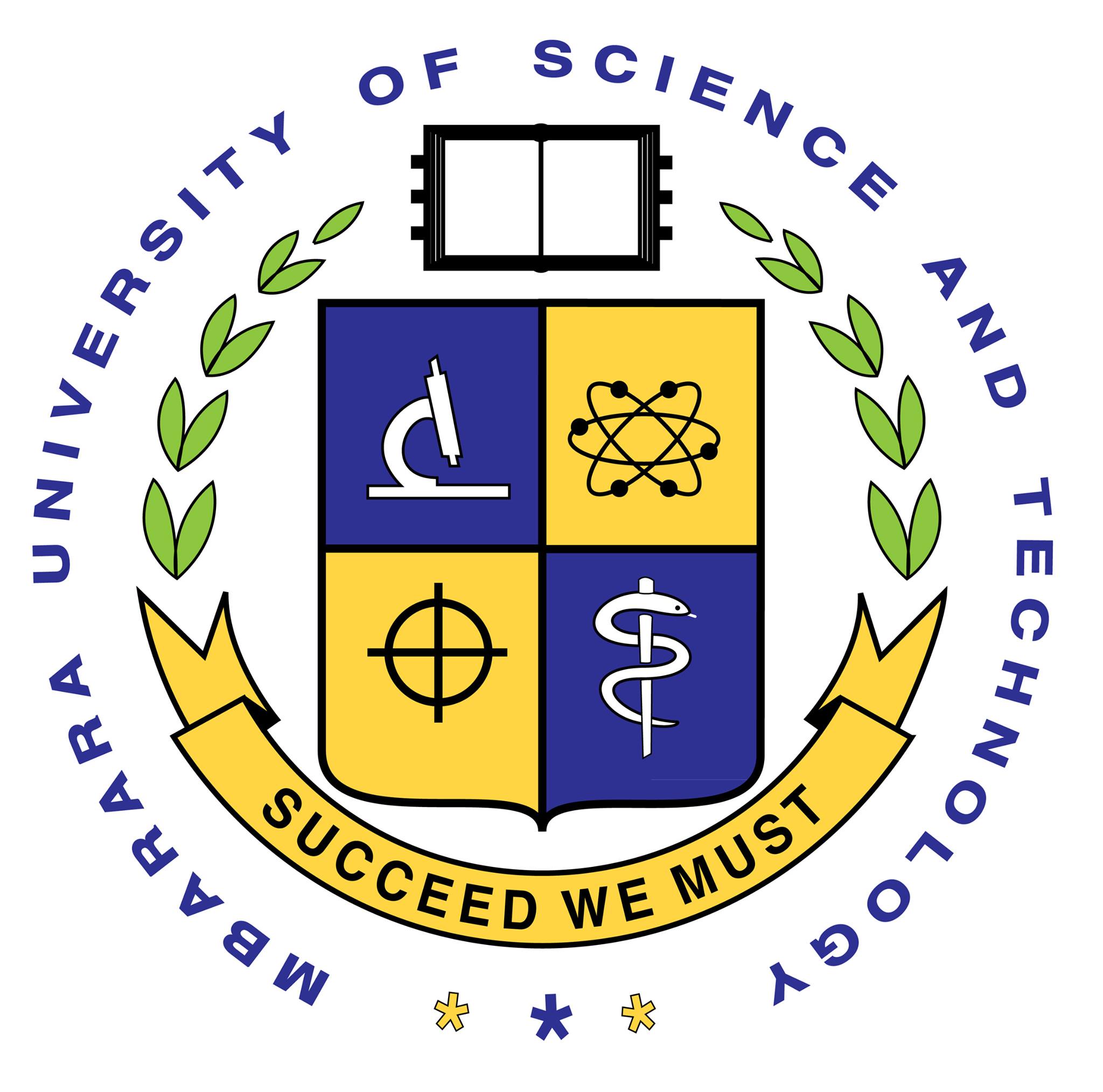
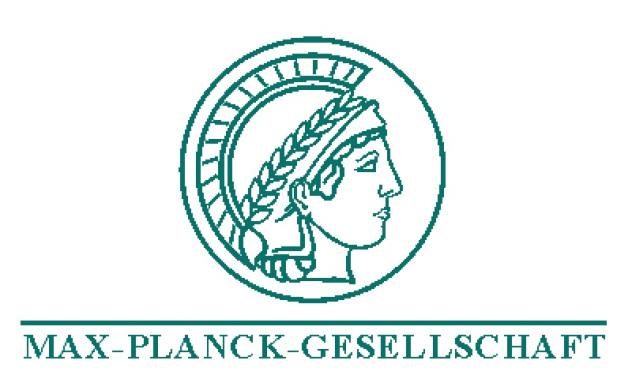
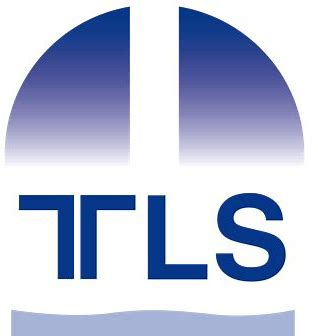
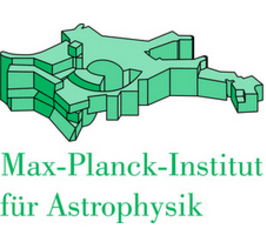
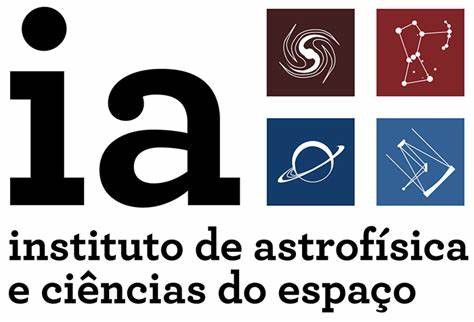
the legal stuff: imprint, privacy policy